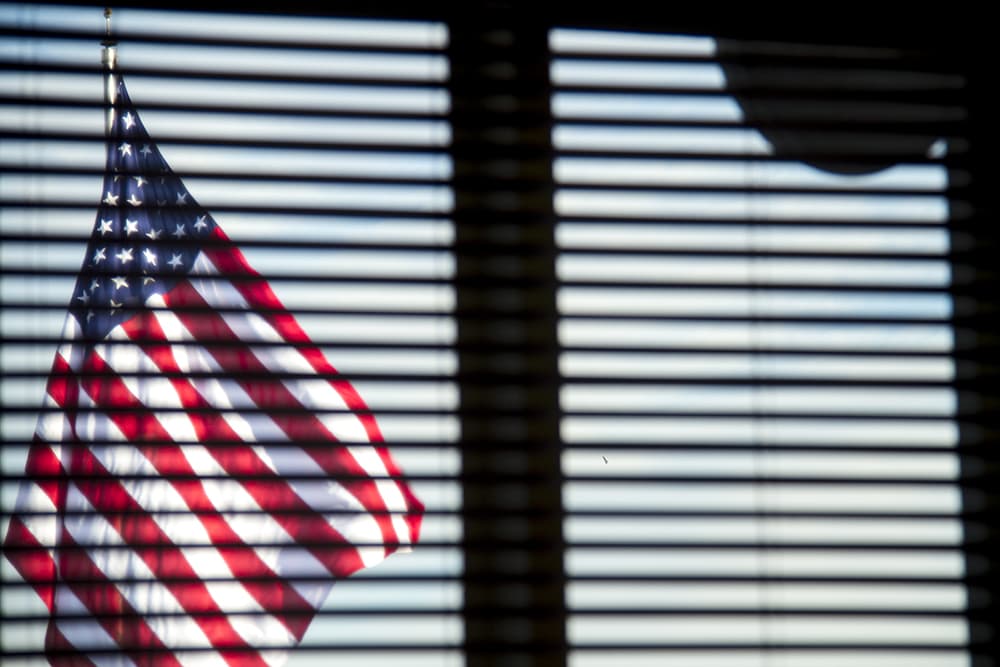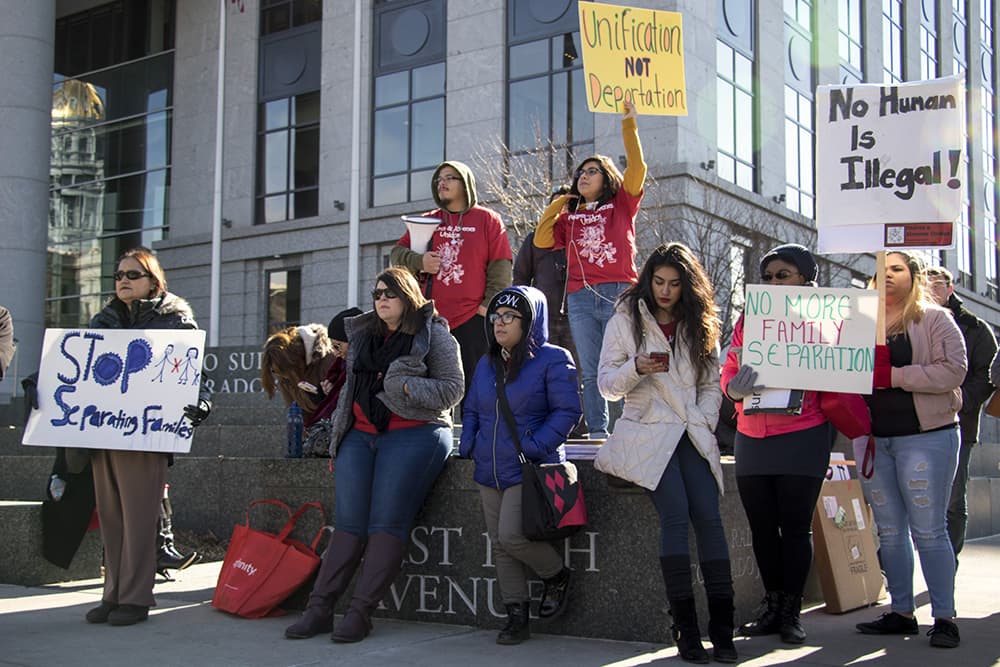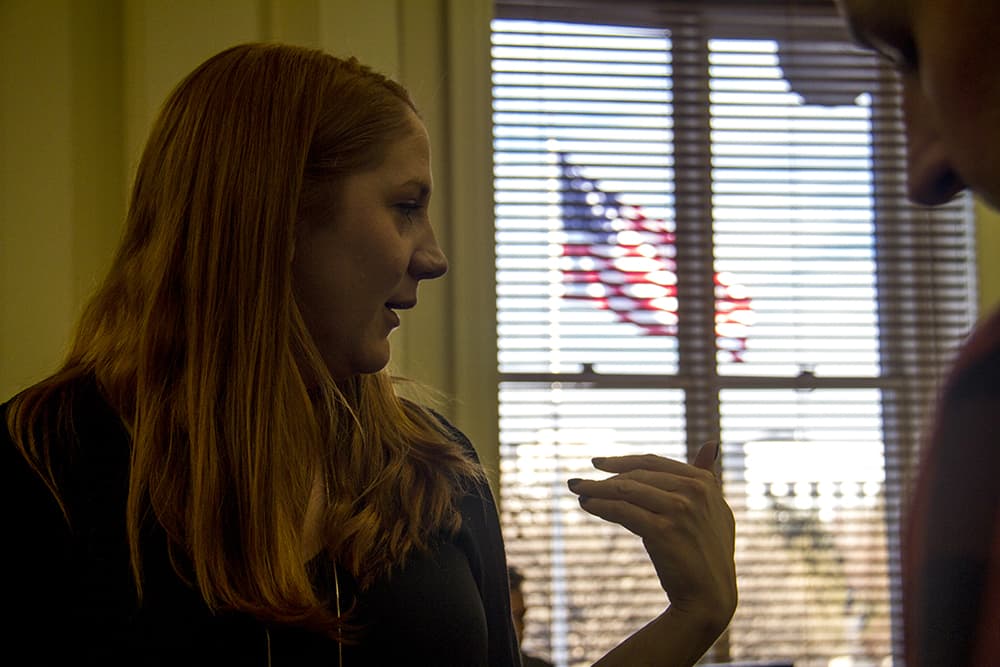
And neither is Boulder, even though the City Council voted to declare it one earlier this month. And neither is Aurora, which reiterated after the election of President Donald Trump that it does not and will not enforce immigration law.
In the face of an executive order signed Wednesday that would make "sanctuary cities" ineligible for all federal funding, the leaders of major Colorado cities said they don't think that label applies to them.
"We're not a sanctuary city," Mayor Michael Hancock said. "We will value residents of this city. We won’t take any unlawful or unconstitutional acts against residents of the city of Denver, and it is our goal to make sure that people in this city feel safe and know that this is a city that is open, welcoming and inclusive."
The executive order allows the secretary of Homeland Security to declare cities to be sanctuary jurisdictions. This is a term that has no legal definition. The executive order describes a sanctuary city as one that by "statute, policy or practice ... prevents or hinders the enforcement of federal law."

The executive order goes on to call for publishing a weekly list of jurisdictions that won't keep immigrants in jail until immigration enforcement has a chance to get a warrant. That strongly suggests that cities and counties with policies like Denver are on notice.
But Colorado municipal officials said they're not violating federal law when they decline to hold people for immigration authorities, decline to ask about immigration status and decline to participate in immigration-related investigations.
"We're not going to hold someone without a warrant," said Amber Miller, a spokeswoman for the mayor. That would be unconstitutional, she added.
Boulder spokeswoman Sarah Huntley took a similar line.
"There is nothing in our city code that says our employees won't follow federal law," she said.

The three major policies — which were the same before the City Council formally adopted the sanctuary city title — are that no city employee will ask about immigration status, the city won't cooperate in an investigation that is specific to immigration issues and that no police officer will stop someone based on suspicions about their immigration status.
I asked Miller what Denver would do if the federal government did declare Denver a sanctuary city and withhold funding.
"We can't speculate on what would happen once this is implemented," she said. "But it is vague."
"We're going to remain a welcoming city," she added.
Shortly after Trump's election, Hancock released a video pledging that Denver has the back of its immigrant community, and the Denver City Council issued a proclamation promising to protect immigrants, among others who might be targeted by Trump.
Aurora Mayor Steve Hogan said he's still trying to understand how the executive order might affect the city.
"To date there has been no precise legal definition of sanctuary city," he said in an emailed statement. "The term was created by the far left and the far right for very different reasons. Those of us in between have struggled to understand what it really means. Moreover, whatever someone has said is the definition, the city of Aurora has never been a sanctuary city. We understand the current administration has taken action today regarding immigration enforcement, and we will need to closely examine and review how those changes may, or may not, affect Aurora."
While cities here tried to evade the label even as they defended their policies, politicians in New York and California came out swinging. New York City Mayor Bill De Blasio said he might sue the federal government, and so did a group of state senators in California.
Pushing back against the label doesn't mean Hancock is fine with the executive order, however.
"Today's actions by the president have left me greatly disappointed and deeply disturbed," he said. "Penalizing communities for the federal government's failure to address comprehensive immigration reform is not an acceptable policy and puts our economic security as a nation at risk."












